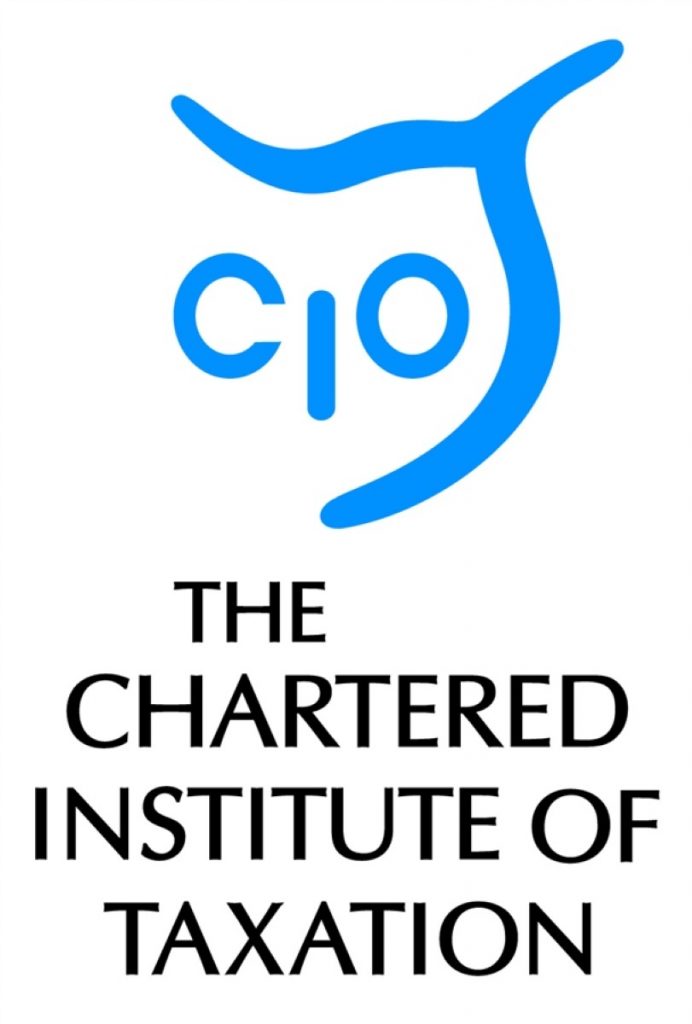CIOT: Autumn Statement: Measures to combat fraud and error need rebalancing to prevent error arising
The Low Incomes Tax Reform Group (LITRG has welcomed HMRC’s continued commitment to reducing fraud and error in the tax credits system. However LITRG is concerned that HMRC continue to focus on measures that tackle fraud, when in fact the greatest loss to government comes from error. HMRC also continue to conflate fraud and error and fail to identify official error.
This follows the announcement of further details of HMRC’s strategy in this area alongside today’s Autumn Statement.
Anthony Thomas, Chairman of LITRG, said:
“In order to tackle fraud and error effectively it is essential to distinguish between fraud and the three main types of error: HMRC official error, claimant error and contributory error.
“Some of the measures announced today are welcome: for example, those designed to prevent overpayments arising, which can cause problems when claimants have to repay them at a later date. However, there needs to be a safeguard, to ensure that people who would be plunged into hardship as a result of this measure can continue to receive payments, particularly if the overpayment has been caused by HMRC error or incorrect advice.
“We are concerned that most of the measures are aimed at dealing with fraud; a greater loss to the Exchequer arises from error, and the best means of tackling this is by providing better information, communication and education. The majority of the measures announced today are aimed at dealing with fraud and error once it is in the system rather than stopping it entering the system in the first place. There is also a worrying failure to recognise that some error leads to underpayments of benefits and tax credits, and this issue needs to be tackled too, to ensure balance between HMRC and claimants.
“LITRG is also concerned about the proposed increased use of private debt collection agencies. If this measure is to proceed, it is essential that the agencies apply the same standards as HMRC would and that their adherence to these standards is well-monitored. In particular people must be given a reasonable time to make a payment arrangement.”
Notes for editors
1. The Low Incomes Tax Reform Group (LITRG)
LITRG is an initiative of the Chartered Institute of Taxation to give a voice to the unrepresented. Since 1998 LITRG has been working to improve the policy and processes of the tax, tax credits and associated welfare systems for the benefit of those on low incomes.
2. The Chartered Institute of Taxation (CIOT)
The CIOT is the leading professional body in the United Kingdom concerned solely with taxation. The CIOT is an educational charity, promoting education and study of the administration and practice of taxation. One of our key aims is to work for a better, more efficient, tax system for all affected by it – taxpayers, their advisers and the authorities. The CIOT’s work covers all aspects of taxation, including direct and indirect taxes and duties. Through our Low Incomes Tax Reform Group (LITRG), the CIOT has a particular focus on improving the tax system, including tax credits and benefits, for the unrepresented taxpayer.
The CIOT draws on our members’ experience in private practice, commerce and industry, government and academia to improve tax administration and propose and explain how tax policy objectives can most effectively be achieved. We also link to, and draw on, similar leading professional tax bodies in other countries. The CIOT’s comments and recommendations on tax issues are made in line with our charitable objectives: we are politically neutral in our work.
The CIOT’s 17,000 members have the practising title of ‘Chartered Tax Adviser’ and the designatory letters ‘CTA’, to represent the leading tax qualification.
George Crozier
External Relations Manager
D: +44 (0)20 7340 0569
M: +44 (0)7740 477374
The Chartered Institute of Taxation
Registered charity number 1037771
www.tax.org.uk





-01.png)